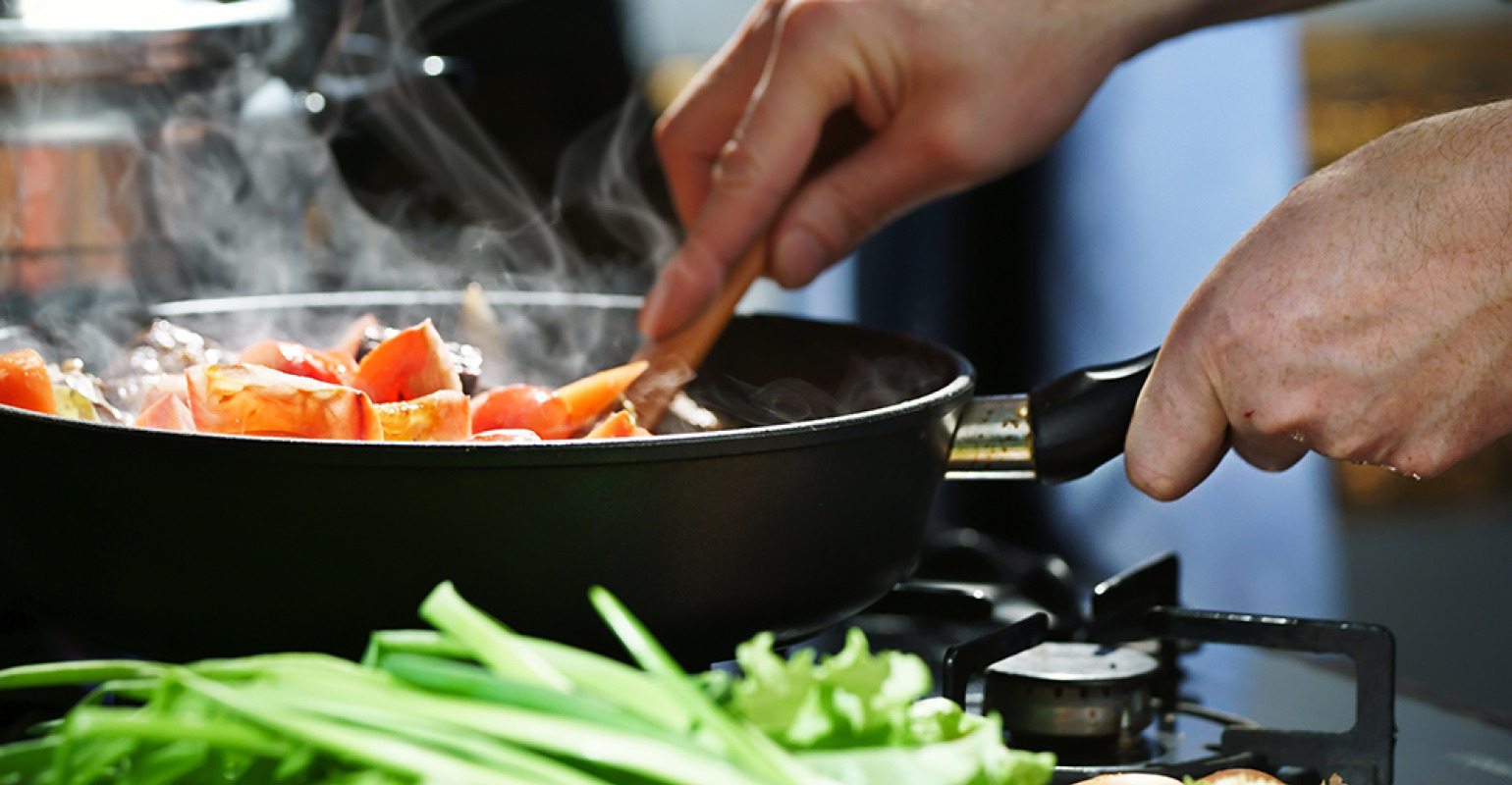


Recent research by the National Oceanic and Atmospheric Administration (NOAA) suggests that the enticing smells wafting from restaurants, food trucks, and street vendors might be harming air quality. NOAA’s Chemical Sciences Laboratory (CSL) revealed these findings from a thorough study on “underappreciated sources” of urban air pollution, focusing on Los Angeles, Las Vegas, and Boulder, Colorado.
The study indicates that if you can smell it, it likely affects air quality. Researchers analyzed various volatile organic compounds (VOCs) originating from cooking, vehicles, wildfires, agriculture, and consumer products across the United States. They consistently found long-chain aldehydes in urban measurements, unexplained by other sources, according to study author Matt Coggon.
Las Vegas, known for its numerous eateries, faces persistent air quality challenges, with cooking contributing an estimated 21% of outdoor VOC mass. Elevated VOC levels were also detected in Los Angeles and Pasadena, California. Overall, the study concludes that cooking-related air pollution is significantly underestimated, potentially constituting nearly a quarter of urban VOCs, posing a more acute problem indoors.
Understanding cooking emissions as a major urban VOC source is crucial for effective air quality management. Mr. Coggon stresses the importance of comprehensive emissions data for policymakers to evaluate their decisions’ impact on air quality.